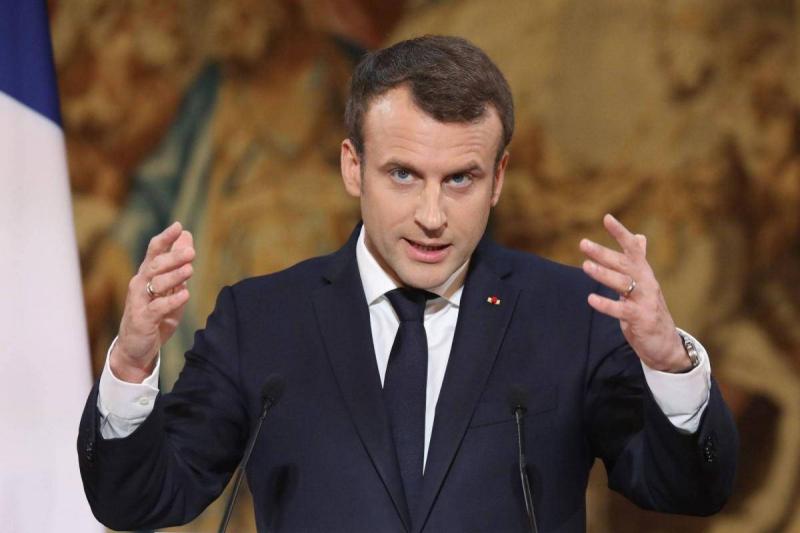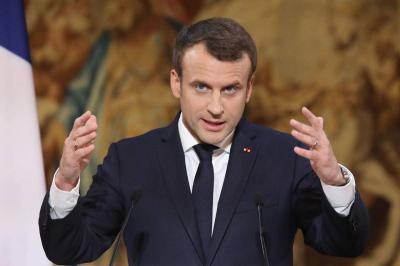Hours before French President Emmanuel Macron's meeting with German Chancellor Olaf Scholz today in Meseberg near Berlin, during the third day of Macron's visit to Germany, the leaders warned that Europe is facing a "deadly" threat in the face of Russian aggression. In a joint article published in the Financial Times yesterday, the leaders stated: "We cannot take for granted the foundations upon which we have built our European way of life and our role in the world." They also warned that "Europe is facing a deadly threat, and we must rise to the challenge."
Additionally, Macron endorsed the term "Zeitenwende" or "turning point," which the German Chancellor had previously used to describe the historical shift in his country's policy, particularly the increase in defense spending following the Russian invasion. The leaders wrote, "If we look at the challenges we have faced over the past five years, whether it be the pandemic, the ongoing aggressive war by Russia against Ukraine, or the growing geopolitical shifts... it is evident. Europe is experiencing a Zeitenwende," or a turning point between the end of one era and the beginning of a new one.
The officials also shared their thoughts on the direction of the European Union following the EU elections on June 9. Among the elements presented by Macron and Scholz was the need to deepen the EU's single market and enhance investment, while reducing the bloc's dependence on trading partners for essential supplies.
The joint statement from the two leaders comes after a period of tension in the relationship between the two largest powers in the EU, as Scholz and Macron have disagreed particularly on the correct approach to the war in Ukraine, with the French president taking a harsher tone against Russia. It is worth noting that this visit marks the first state visit to Germany by a French president in 24 years. It also comes less than two weeks ahead of the European elections, amid French-German disagreements over key issues, from the war in Ukraine to trade competition.




